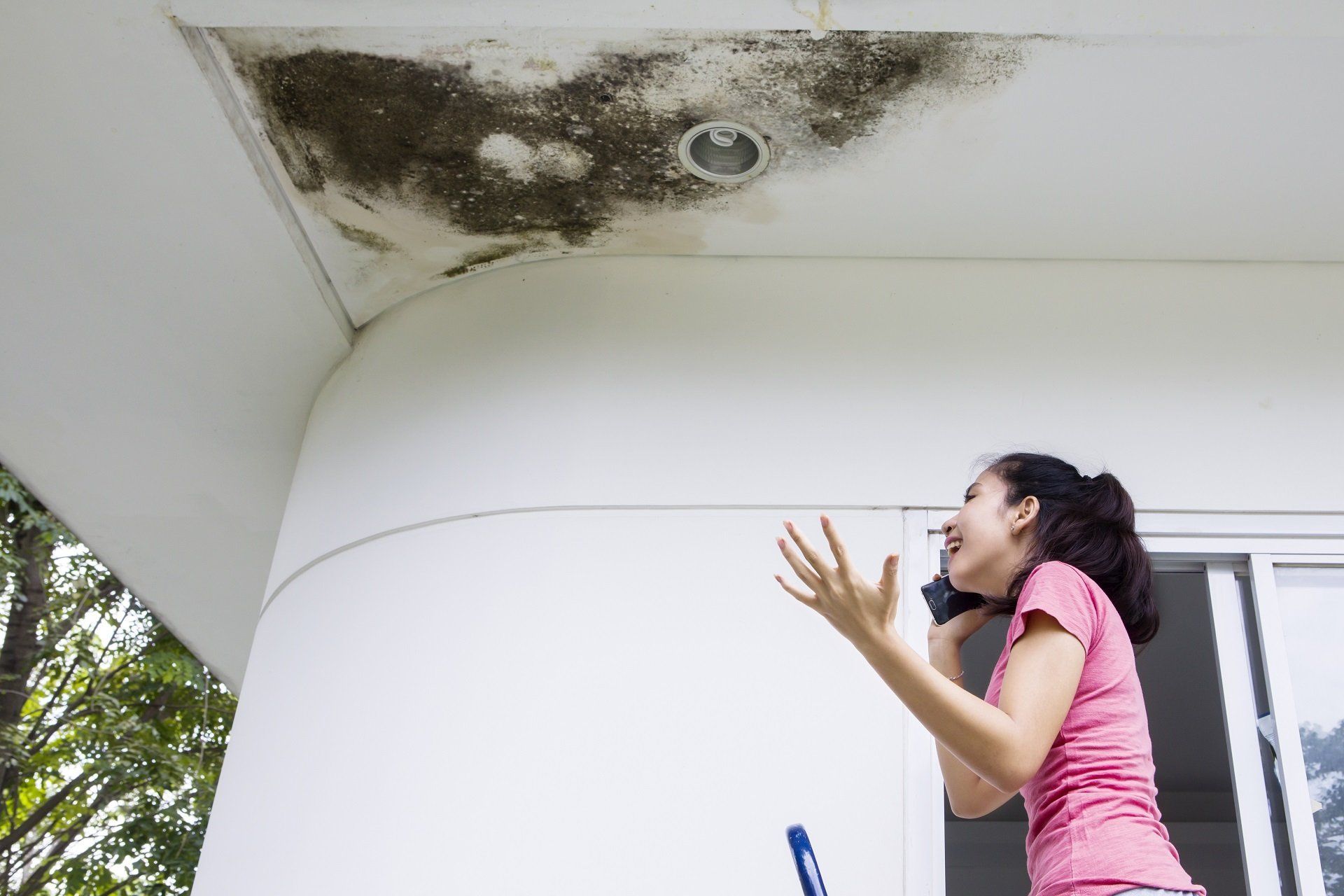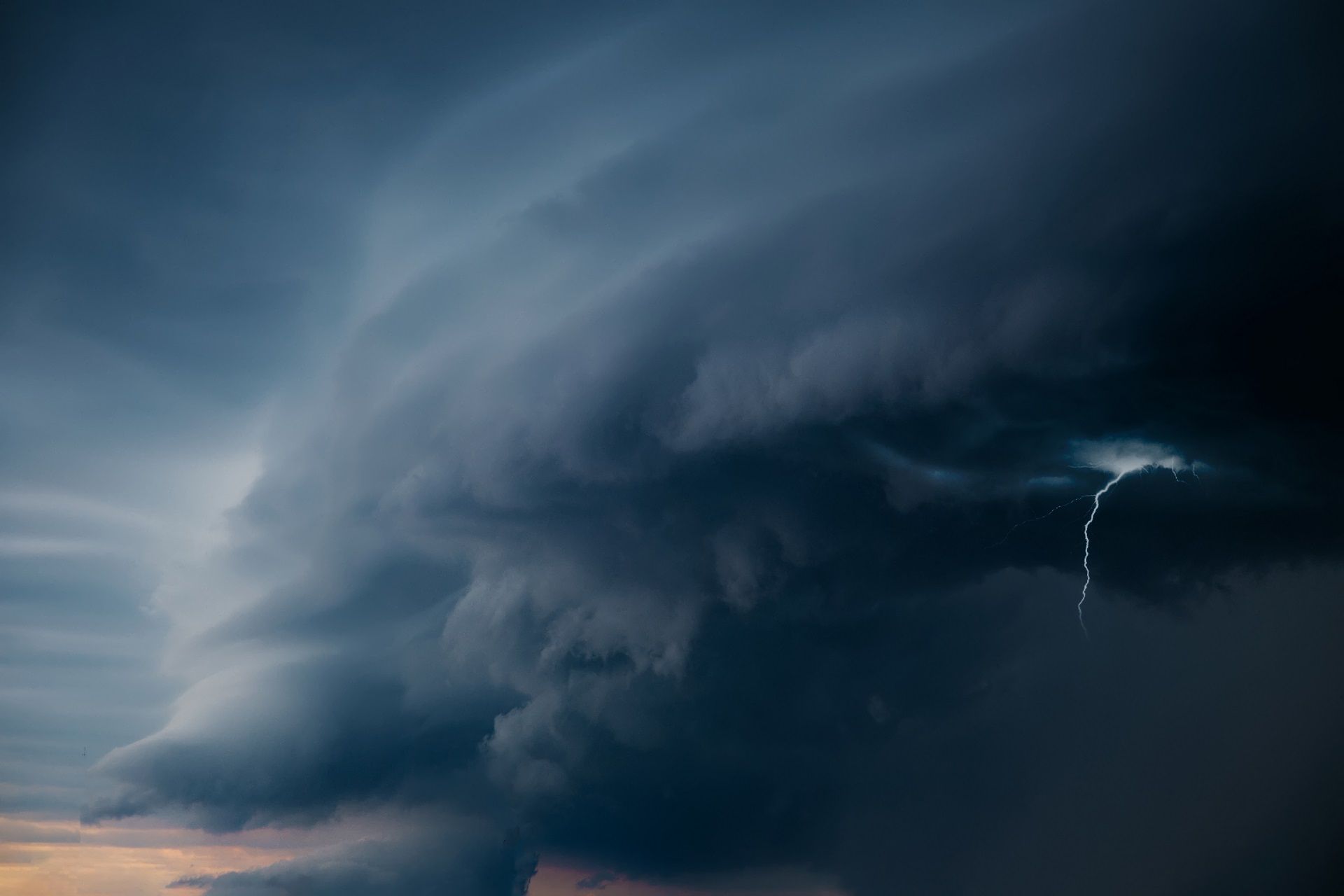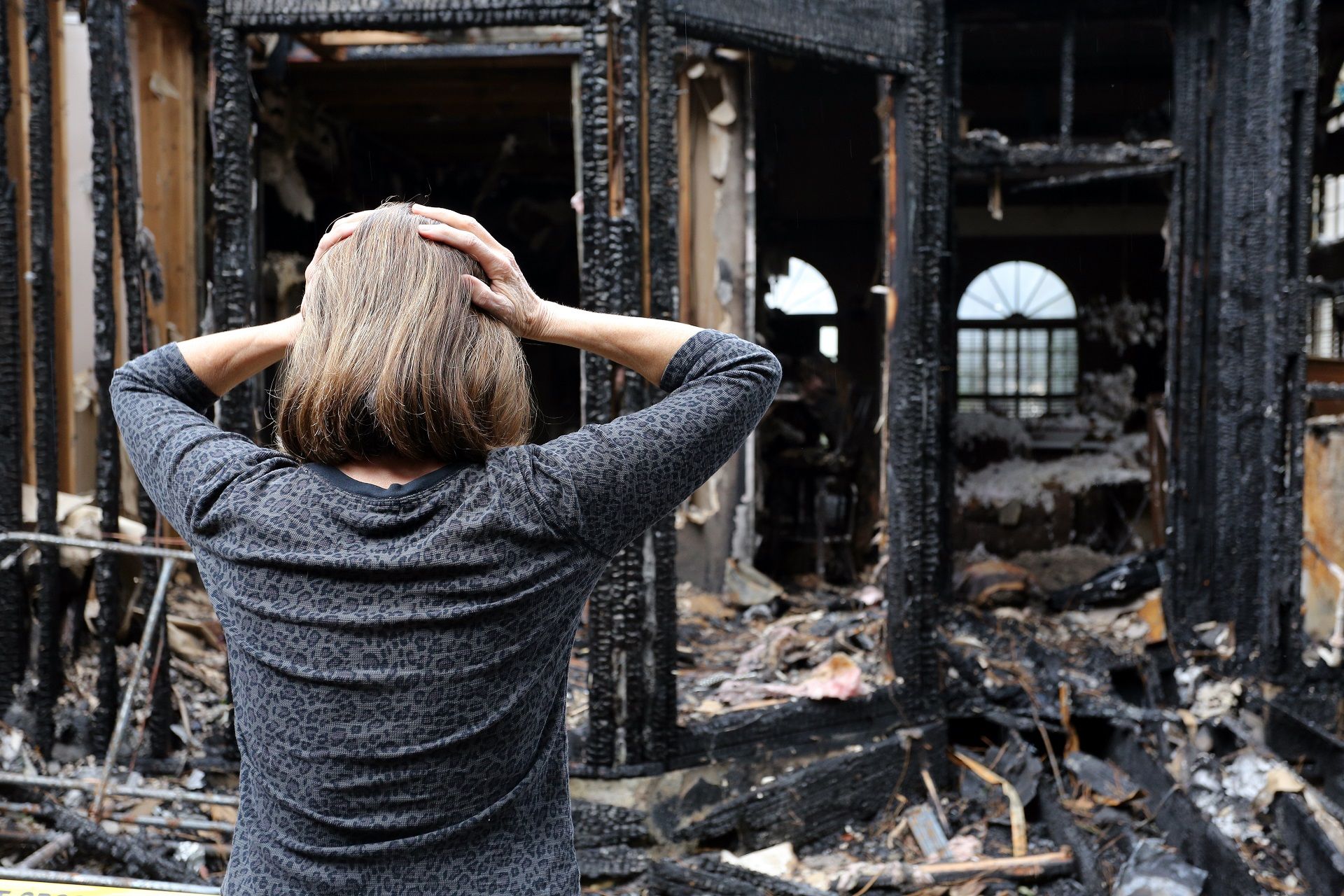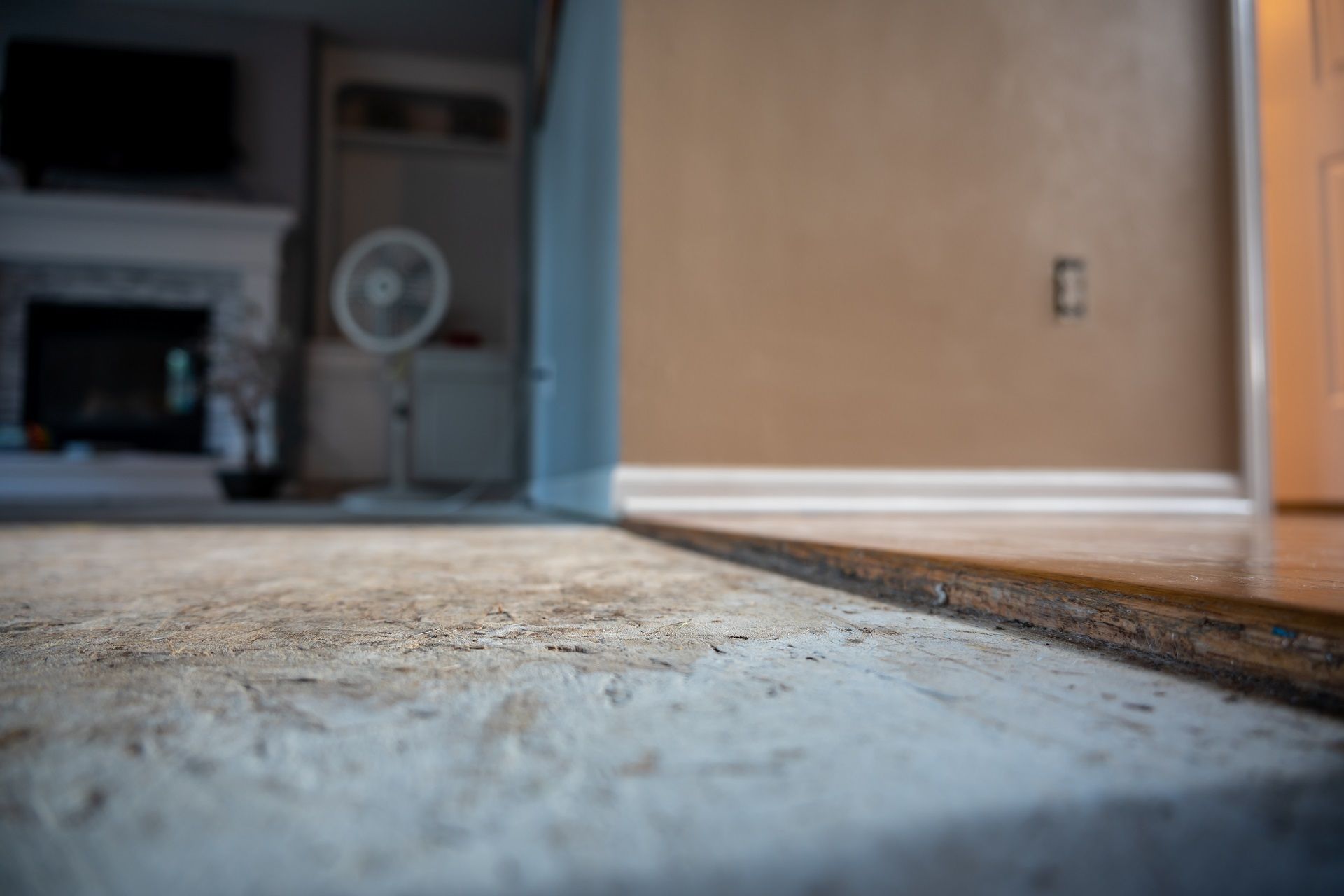How to Make A Successful Water Leak Insurance Claims?

For most homeowners, signing up for insurance and paying a premium is a simple process. On the other hand, when it comes to filing an insurance claim, most are quite confused as to how to do it.
This is especially true for water leak insurance claims for which failure is not an option as water damage is quite expensive to fix.
If your insurance company denies your coverage, you’ll find yourself in a financial pickle, so to speak.
To avoid that from happening, you have to learn how to make a successful water leak insurance claim, which is how you get the most out of the insurance you’ve been paying for all this time.
Let’s dive deep (no pun intended)!
Why Water Damage Coverage is So Complicated
Property insurance is the best way to cover repairs for any damage that occurs from an expected event such as fire, vandalism, and theft. Although you pay a premium every year in return for coverage, water damage is a bit more complex and isn’t as clear-cut.
This is because water damage is quite a broad term. In other words, insurance coverage depends on the cause of the water damage. To make matters worse, there are also some exceptions.
According to insurance companies, water damage can be:
1. Sudden and accidental
2. Gradual
We’ll get more into these two later when we talk about how to make a successful water leak insurance claim. For now, know that insurance will only cover sudden and accidental water damage because they assume you could have addressed the gradual water damage before it became a real issue.
With that in mind, here's what you should do following a leak in your home to ensure the best outcome of your claim:
1. Get The Leak Under Control ASAP
Time is of the essence, and your main goal is to stop water from causing more damage. Find the main water valve and shut it off with the help of your good old friend the wrench. Additionally, you might be able to turn off the individual water supply valves, better known as stops.
These valves can help you shut off the water to different parts of your home.
Depending on your home’s layout, you could also install a water leak detection system or automatic shutoff valves to deal with potential issues in the future. These might help you avoid a serious leak.
2. Review Your Home Insurance Policy
Remember what we said earlier about how not all types of water damage are covered by insurance? Now is the time to review your home insurance policy to check whether you’ll have to cash out the big bucks to repair the damage yourself.
Your insurance will cover water damage when it’s accidental or sudden, meaning, you couldn’t have possibly predicted it would happen. This could be:
1. Sudden plumbing or appliance problem
2. Leaking roof
3. Burst pipes
4. Ice dams on roofs
Any damage that happened due to home neglect is not covered. The same applies to flood damage, as that’s usually a separate policy.
This type of gradual damage includes things such as:
1. Groundwater, floodwater, or rapid thaw water leaking into the basement
2. Sewer pipe backup (an add-on you can include in your policy)
3. Leaks caused by old pipes
4. Leaks from old roofs
5. Mold or rot
6. Leaks from unmaintained faucets or toilets
3. Call Your Insurance Provider
The process of how to make a successful water leak insurance claim should be done as fast as possible due to the tricky nature of water damage. It takes just a day for mildew to develop after exposure to the water, hence, you should try to solve the problem as quickly as possible.
Preferably, you should notify your agent or your insurance company right away. Even if it’s late, you can go ahead and give them a call as nowadays, it’s perfectly normal for insurance carriers to have hotlines.
They might also help you find a water damage company, which is a huge plus and might save you a lot of hassle.
4. Hire a Water Damage Company
If there is any standing water in your home, you might need to hire a water damage/restoration professional. They can get rid of any water, dry all surfaces, as well as seal and ventilate wet areas and apply special solutions to stop the mold from developing.
However, not every company is the same, so before signing a contract, do a bit of research. Read online reviews, get a quote, and compare different companies before jumping into any contracts.
5. Vacate Your Home if Needed
Water damage can cause all sorts of health risks, such as drawing in household chemicals or wastewater into your home. It can also cause other hazards such as electrocution. Even if you do manage to get rid of all the water, mold spores can still contaminate the air.
Since most insurance policies will cover hotel accommodations and food expenses in case you have to vacate your home, it doesn’t hurt to make a mad dash to a hotel until everything is sorted out.
If you do so, don’t forget to list all of the expenses, and if possible, save all the receipts.
6. Document The Damage
While the fine people restoring your home will take photos of the damage, it’s not a bad idea to take your own. Remember to also photograph items that need to be cleaned or replaced since they are also a part of the loss.
This includes things in closets or drawers that were exposed to mold that might need professional cleaning.
7. Meet With Your Insurance Adjuster
The insurance company will send an adjuster to evaluate and document the damage, and take measurements. They’ll also inquire about the cause of the damage.
This person will try to estimate the cost of repairs and determine who is at fault.
Thankfully, your insurance will cover the damage even if it was caused by your actions, eg. installing a faucet yourself improperly.
If someone else is at fault, the insurance company might subrogate the damages (receiving payment from the insurance company of the plumber). For instance, if a licensed plumber installed the faucet and failed to do it accordingly.
The same thing applies to malfunctioning appliances. Your insurer might try to receive cash from the manufacturers of the appliance that caused this mess.
8. Review Your Loss Settlement
After the evaluation, the adjuster will send a written estimate of the cost of repairs which includes materials and labor.
The settlement figure might be lower than expected if your insurance policy doesn’t include replacement cost value. This means that the estimate you receive is based on actual cash value (ACV) which represents the value of your property today.
For instance, if your hardwood cost $15k a few years ago, you might receive that $15k minus depreciation.
In some cases, policies might contain depreciation holdback, which is when the insurance company will provide the depreciation amount after you show that you used your money for repairs.
What if Your Claim Gets Denied?
How to make a successful water leak insurance claim depends on the nature of the leak. For example, an insurance company might deny your claim because of negligence even if the water damage was caused by a malfunctioning appliance. They might reject you because the appliance was old and malfunctioning.
From their point of view, you should have known better.
Your best bet is to ensure that you can give clear evidence to the insurance company that you weren’t aware of the gradual damage. For instance, keep a record of all the inspections of your plumbing and hire a home inspector to check areas of your home where water leaks might happen.
To be on the safe side, contact your insurance company to see if there are any additional coverages you can add to your policy - these will safeguard you against other types of damages.
Disclaimer: The information on this website and blog is for general informational purposes only and is not professional advice. We make no guarantees of accuracy or completeness. We disclaim all liability for errors, omissions, or reliance on this content. Always consult a qualified professional for specific guidance.






